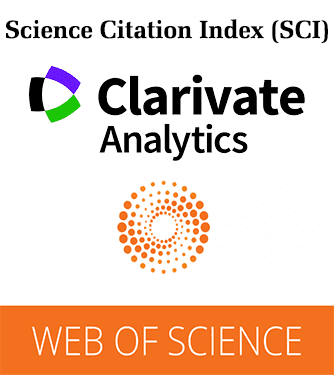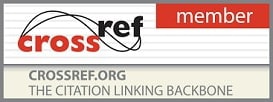Vol. 6, Issue 6, Part A (2019)
Distribution pattern of dengue cases in the tribal UT of Dadra & Nagar Haveli, India
Author(s): Vikram Khan, Aiysha S Khan, AA Sanghai, DB Zala and VK Das
Abstract: Objective: This study aims to estimate the age and gender-specific risks of dengue attack during the in the third smallest union territory India.
Methods: The data of dengue confirmed patients since last five years (from January 2015 to December 2018) were recorded. The confirmatory diagnosis of dengue was done on the basis of ELISA (NS1, IgM and IgG).
Results: The results of the study suggest that the working age group (19- 45 years) is more susceptible to got dengue infection due to the high possibility of exposure to the infected vector. The gender wise data indicated that the male was outnumbered on the female. The gender predominance in relation to dengue infection may be due social, cultural and exposure reasons.
Conclusion: The risk of dengue transmission is shifting from adult to children and urban to rural/tribal areas. The data of the present study may utilize to develop a state-specific strategy for the prevention and control of dengue.
Pages: 01-03 | 1348 Views 162 Downloads
How to cite this article:
Vikram Khan, Aiysha S Khan, AA Sanghai, DB Zala, VK Das. Distribution pattern of dengue cases in the tribal UT of Dadra & Nagar Haveli, India. Int J Mosq Res 2019;6(6):01-03.







